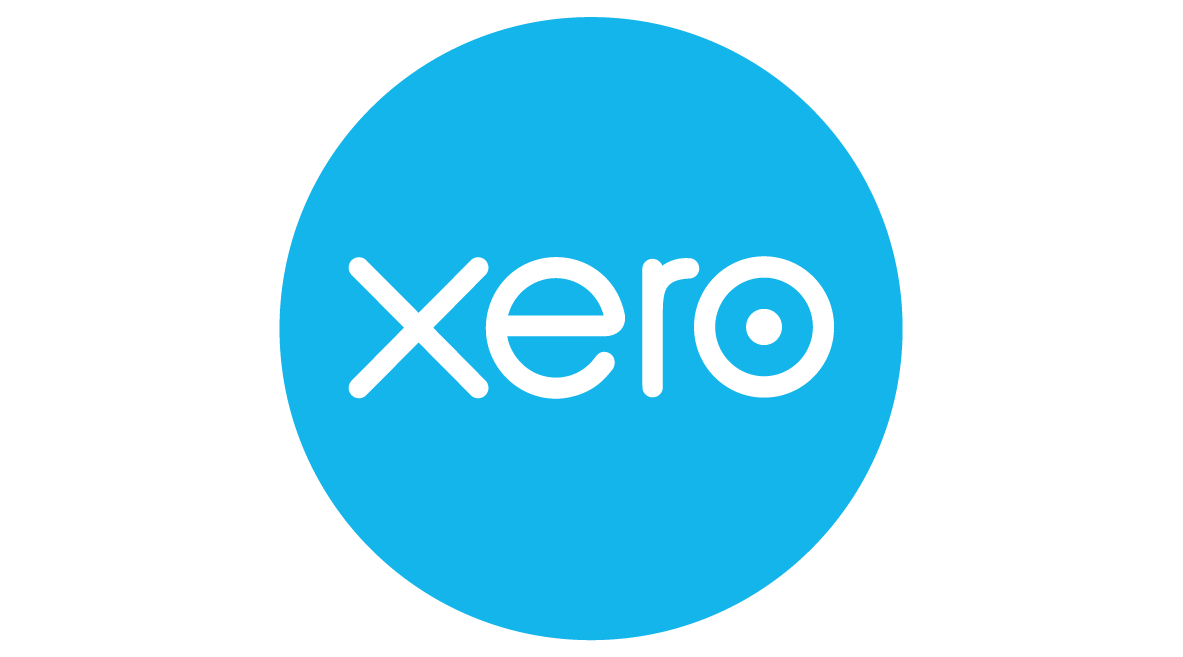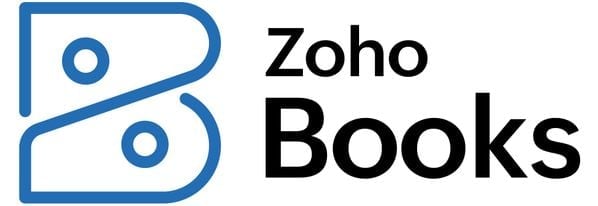FreshBooks vs. Zoho Books: Cost, Features, Alternatives

Many or all of the products featured here are from our partners who compensate us. This influences which products we write about and where and how the product appears on a page. However, this does not influence our evaluations. Our opinions are our own. Here is a list of our partners and here's how we make money.
FreshBooks and Zoho Books, two of NerdWallet’s picks for best accounting software, aren’t as scalable as products like QuickBooks Online and Xero, but can be affordable choices for specific types of small businesses.
Whereas FreshBooks offers more third-party integrations for freelancers and independent contractors, Zoho Books pulls ahead for its higher user limits and more complex feature set. The choice depends on which third-party apps your business uses (and whether they integrate), along with what type of reporting capabilities you need, among other factors.
FreshBooks vs. Zoho Books at a glance
FreshBooks | Zoho Books | |
|---|---|---|
Key features | Has a strong invoicing feature; app lets users send invoices on the go, scan receipts and track mileage; basic inventory tracking for billable items; least expensive plan lacks double-entry accounting reports. | Includes robust reporting tools, but offers fewer reports than competitors; has customizable invoicing features, advanced inventory control in higher tier plans and a capable mobile app. |
Ease of use | Auto-categorizes transactions for you, but you can’t set up your own bank rules; no global search function; least expensive plan lacks bank reconciliation tools. | Includes tools that help automate the reconciliation process; auto-categorizes transactions for you and lets you set up your own bank rules; no global search function. |
Scalability | Can support freelancers, contractors and small businesses with a handful of employees; highest-tier plan includes two users (additional users can be added for a fee). | Typically serves businesses with fewer than 100 employees; highest-tier plan includes 15 users (additional users can be added for a fee). |
Ease of sharing with accountants | Least expensive plan doesn’t allow accountant access; lacks complete audit trail. | Has audit trails and offers easy accountant access; less popular than other competitors. |
Integrations | Integrates with more than 100 third-party apps; limited choices for direct payroll and point-of-sale integrations. | Integrates with fewer than 50 third-party apps; limited choices for direct payroll and point-of-sale integrations; no live bookkeeping integrations. |
Customer support | Includes phone support in all plans 8 a.m. to 8 p.m. ET from Monday to Friday; offers email support, but not live chat support with a human. | 24/5 phone and live chat support included in all paid plans. |
Cost | Plans start at $17 per month. | Offers a free plan, plus a range of paid plans. |
Advanced features | Project tracking tools in higher-tier plans; lacks industry-specific reports and transaction tracking tags; users with multiple businesses must pay for separate subscriptions. | Includes project tracking tools in paid plans, along with transaction tracking tags; lacks industry-specific reports; users with multiple businesses must pay for separate subscriptions. |
Why Zoho Books wins
Ease of sharing with accountants
Accounting software typically enables accountant access in every plan — Zoho Books, for instance, even includes it in its free plan for businesses with less than $50,000 in annual revenue. However, FreshBooks’ least expensive Lite plan lacks basic capabilities like accountant access. Zoho Books also stands out from FreshBooks by keeping audit trails, which help accountants check books for errors or unauthorized transactions.
Before committing to Zoho Books, though, make sure that your accountant is familiar with it. The software isn’t as popular as FreshBooks.
Stronger feature set
If you like to dig into your reports or own a business with multiple departments, Zoho Books will likely be the better option. FreshBooks’ Lite plan doesn’t offer double-entry accounting reports (like a general ledger and balance sheet). Zoho Books includes these in every plan, plus more. All of its paid plans let you add reporting tags to transactions, so that you can drill into reports and separate results by location, department, etc.
Zoho Books’ inventory management features are also more robust. You can generate barcodes for items and set reorder levels so that you can see what’s running low at a glance. Separately, the software lets you create your own custom bank rules for categorizing incoming transactions. This can save you a lot of time if your business has a high volume of transactions flowing in from bank feeds each month. FreshBooks will suggest transaction matches for you, but you can’t set up your own rules for categorizing transactions that meet your set of criteria.
Scalability
All FreshBooks plans, except the Select plan, only permit one user, so if you need to share your account with a co-owner or accountant, you’ll end up paying extra. Zoho Books’ user limits, on the other hand, scale up with plan tiers. It’s also less expensive to add additional users to Zoho Books vs. FreshBooks if you need to.
FreshBooks’ billable client limits in its Lite and Plus plans may be a drawback, too. You’re allowed up to five billable clients in the Lite plan and up to 50 in the Plus plan. Zoho Books doesn’t limit billable clients in any of its plans, including the free one. Instead, its free plan lets you send up to 1,000 invoices, which is more than many small businesses will send in one year.
When you might choose FreshBooks instead
Variety of third-party integrations
Zoho Books is part of the larger Zoho suite of apps, so if you already use Zoho for other aspects of your business (such as customer relationship management, information technology or human resources), you can sync all your business management systems on one platform. If you don’t use other Zoho apps, however, the product’s sparse integrations with third-party tools might be a deal breaker.
For example, Zoho only integrates with Zoho Payroll or SurePayroll for payroll. If you use a different service, you won’t be able to integrate it with Zoho, leaving you with a lot of manual data entry. Compared with Zoho Books, FreshBooks offers greater options for third-party integrations.
FreshBooks and Zoho Books alternatives
QuickBooks Online
Cost: $30 per month and up.
If you’re looking for more established software from a widely recognized and trusted brand, then check out QuickBooks Online. It’s a cloud-based option from Intuit, and while its plans are a bit more expensive, it has fewer restrictions than Zoho or FreshBooks.
With any QuickBooks Online plan, you get income and expense tracking, receipt capture, invoice tracking, reports and accountant access. Its least expensive plan comes with many of the features you’d expect to get from a mid-level plan from another provider. You also have the option to sign up for add-ons like time tracking or payroll.
» MORE: FreshBooks vs. QuickBooks Online
Wave
Cost: Free.
Wave is one of the few free accounting software options for businesses. It allows unlimited bank and credit card connections, unlimited income and expense tracking and unlimited guest collaborators. The software also helps you implement invoice reminders when necessary.
Wave’s feature set isn’t the most robust, and customer service for its free products is limited to a self-service help center. However, it is still a comprehensive solution, and the price can make it an excellent choice for newer businesses or those on a strict budget.
» MORE: FreshBooks vs. Wave
A version of this article was first published on Fundera, a subsidiary of NerdWallet.
NerdWallet’s accounting software ratings favor products that are easy to use, reasonably priced, have a robust feature set and can grow with your business. Ratings are based on weighted averages of scores in several categories, including range of features, cost, ease of use, accounting standards compliance, scalability, ease of sharing with accountants, integrations, customer support, pricing transparency and availability of a free trial period. Learn more about how we rate small-business accounting software.
These ratings are meant to provide clarity in the decision-making process, but what’s best for your business will depend on its size, growth trajectory and which features you need most. We encourage you to research and compare multiple accounting software products before choosing one.
NerdWallet does not receive compensation for any reviews. Read our editorial guidelines.
On a similar note...

| Product | Starting at | Promotion | Learn more |
|---|---|---|---|
 QuickBooks Online NerdWallet Rating Learn more on QuickBooks' website | $30/month Additional pricing tiers (per month): $60, $90, $200. | 50% off for first three months or free 30-day trial. | Learn more on QuickBooks' website |
 Xero NerdWallet Rating Learn more on Xero's website | $15/month Additional pricing tiers (per month): $42, $78. | 30-day free trial or monthly discount (terms vary). | Learn more on Xero's website |
 Zoho Books NerdWallet Rating Learn more on Zoho Books' website | $0 Additional pricing tiers (per month): $20, $50, $70, $150, $275. | 14-day free trial of the Premium plan. | Learn more on Zoho Books' website |
 FreshBooks NerdWallet Rating Learn more on FreshBooks' website | $19/month Additional pricing tiers (per month): $33, $60, custom. | 30-day free trial or monthly discount (terms vary). | Learn more on FreshBooks' website |


